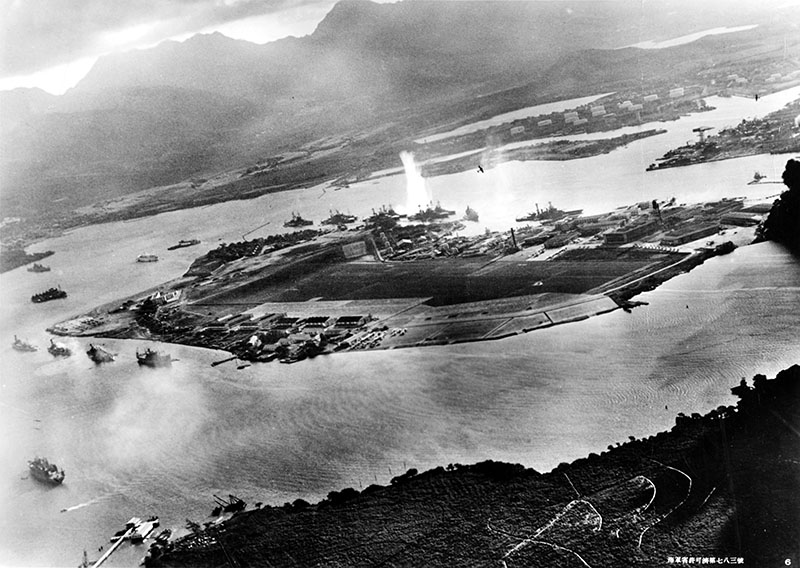Many oral history interviews ask the speaker to provide background on their upbringing and describe childhood experiences. Oral histories often provide a space for reflection about childhood, but these memories are often shaped by the lived experiences of the speaker in their intervening years of life.
When an adult recalls childhood memories, social factors, intervening cognitive advancements, and new motivations can shape their remembering of an event. Expanding knowledge bases and changing meanings of past events will also have an impact on the images and emotions remembered.
The impressions of children are informed by the ways the adult world shapes them through times of economic stress, political upheaval, racism, and genocide. Their perspectives can sometimes lack the gravity of contemporary adult remembrances, because as children, they may not have realized the full scope of adult world events, but childhood remembrances can also contain a greater sense of wonder about the world around them and the mysteries of how it operates.
Helen Thomas
View Item
Helen Thomas was interviewed in 1987 by CSUN faculty member Dr. Thomas W. Reilly. She grew up in Detroit, Michigan as the seventh of nine children to Lebanese immigrant parents. After she graduated from college she moved to Washington, D.C. to work as a journalist. She was a presidential correspondent for United Press International during the Kennedy administration. Here she talks about experiencing the Great Depression as a teenager.
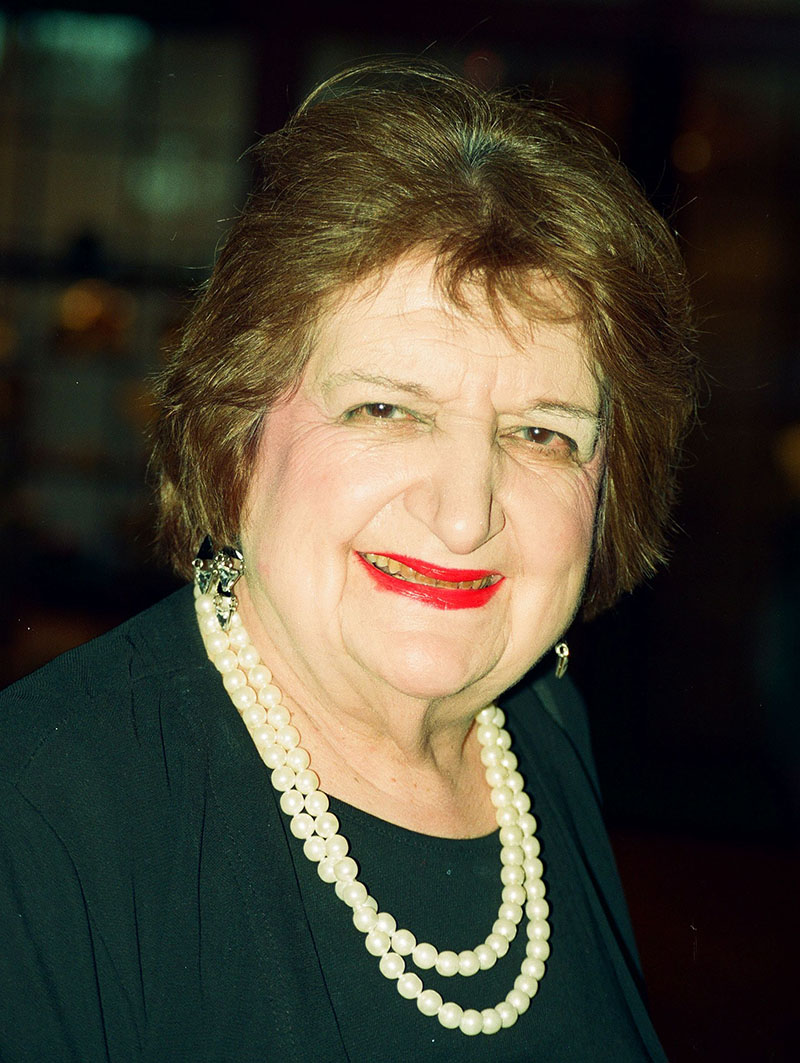
Mother Rosa Broadous
View Item
Mother Rosa Broadous was interviewed by Emory Holmes II in 2002 as part of the Northeast Valley Oral History Project. Broadus was born in 1918 in Gould, Arkansas. She founded Calvary Baptist Church in Pacoima with her husband Reverend Hillery T. Broadous, and served as the church's missions director. In this clip she talks about the racism she encountered in Arkansas in the 1920s that impacted her education.
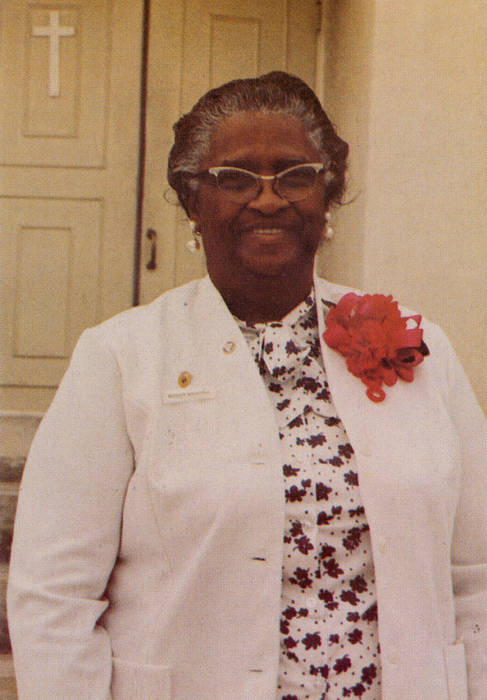
Henry Slucki
View Item
Henry Slucki was interviewed by Sara Moskovitz for the Child Survivors of the Holocaust project in the 1980s. Slucki was born in 1934 in Paris. He and his parents moved to Vichy France after the Nazis invaded in 1940, then fled to Lisbon before Henry came to the United States as a child refugee. In this clip he discusses preparing for the Nazi invasion as a child and growing up in Vichy France.
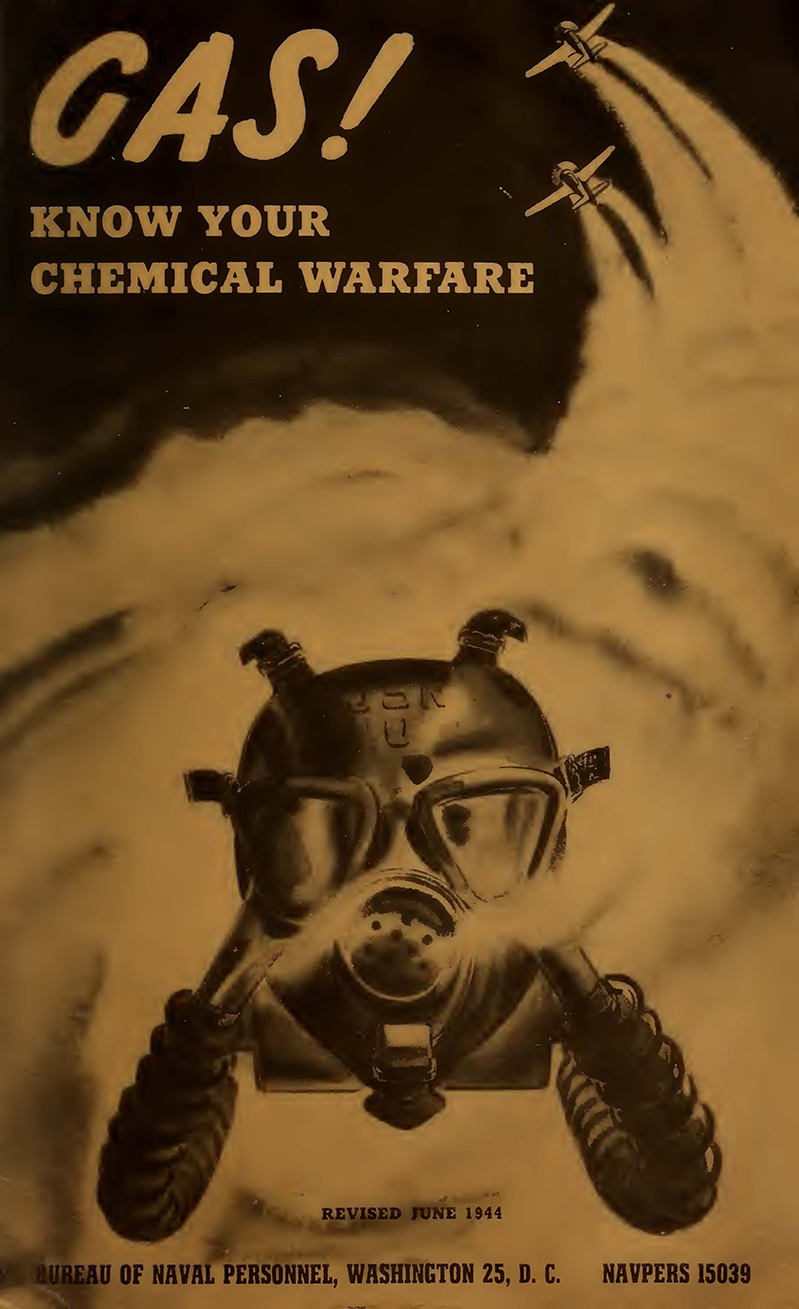
Marianne Barbanel
View Item
Marianne Barbanel was interviewed by Lillian Levy in 1979 as part of the Jewish Family Service Oral History Project. Marianne was born in Berlin, Germany in 1927. Her family left Germany as anti-Semitism rose in Europe before World War II. They went to Holland, then Cuba, and eventually Los Angeles. In this clip she discusses language challenges as an immigrant attending high school, and her childhood awareness of local Jewish aid agencies.
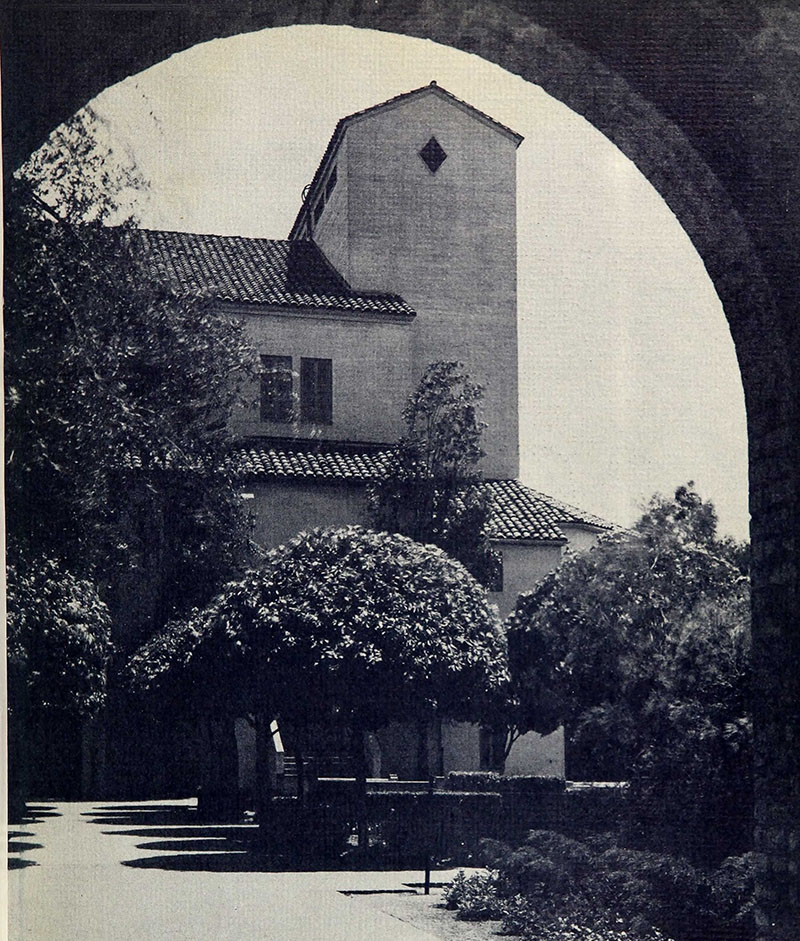
Ngoma Ali
View Item
Ngoma Ali was intedrviewed by Keith Rice, Dr. Karin Stanford, and Karimu for the Tom and Ethel Bradley Center in 2015. His family lived in Arkansas until World War II when they moved to California for better opportunities. Ali was born in 1949 in South Central Los Angeles at Hoover Street Receiving Hospital. In this clip he recalls the death of Emmett Till and the impact it had upon him at age 6.
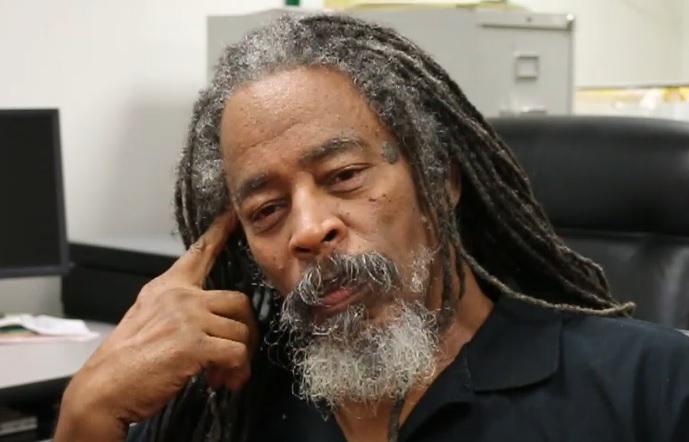
Eugene Bulac
View Item
Eugene Bulac was interviewed by Denise Bulac and Diane Finney for the Cities of Destiny Oral History Project. He was born in Hawaii in 1931 to Filipino parents, and grew up in employee camp housing on a sugar plantation before moving to the mainland as a teen for better education and job opportunities. In this oral history he recounts his experience witnessing the 1941 bombing of Pearl Harbor as a child.
